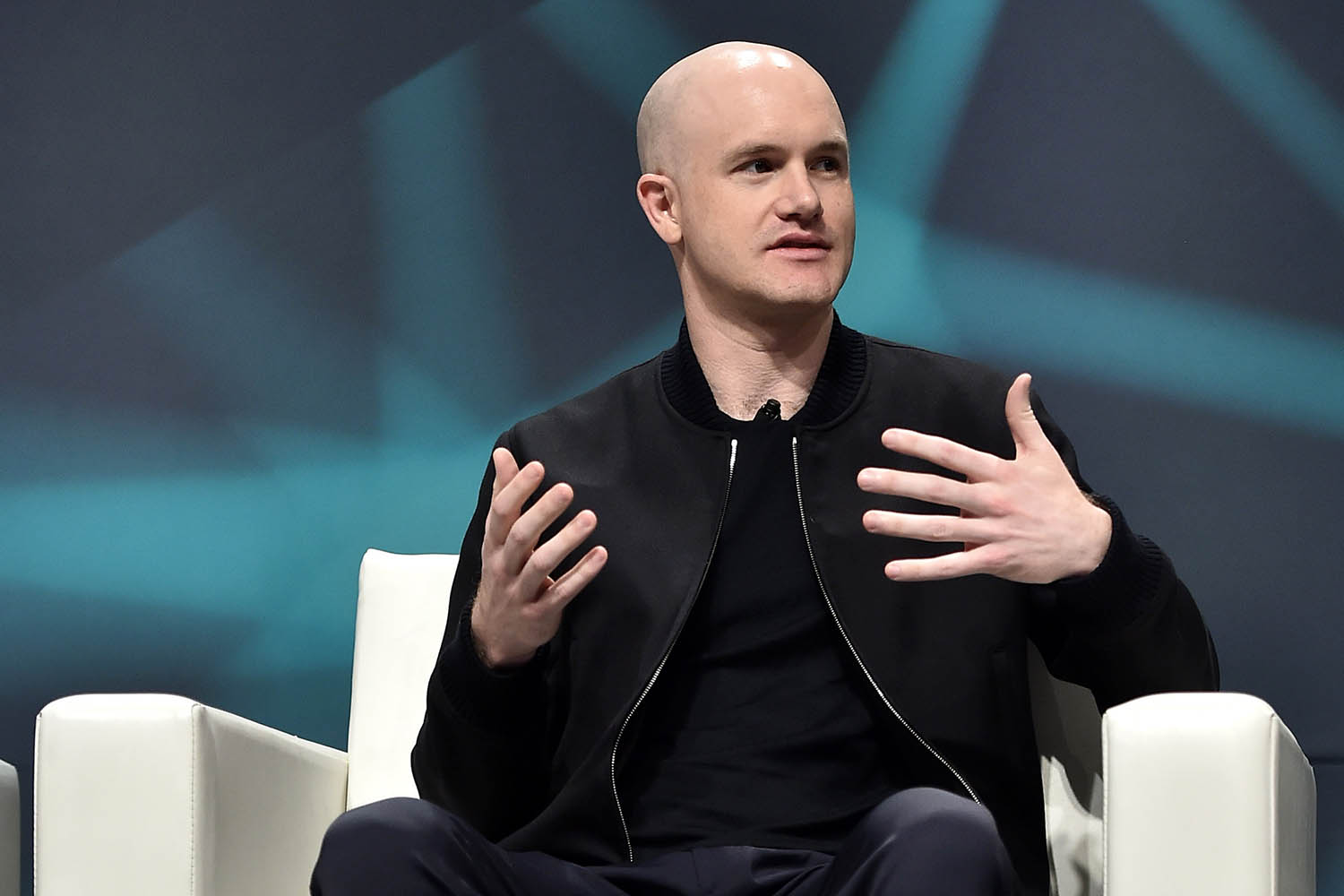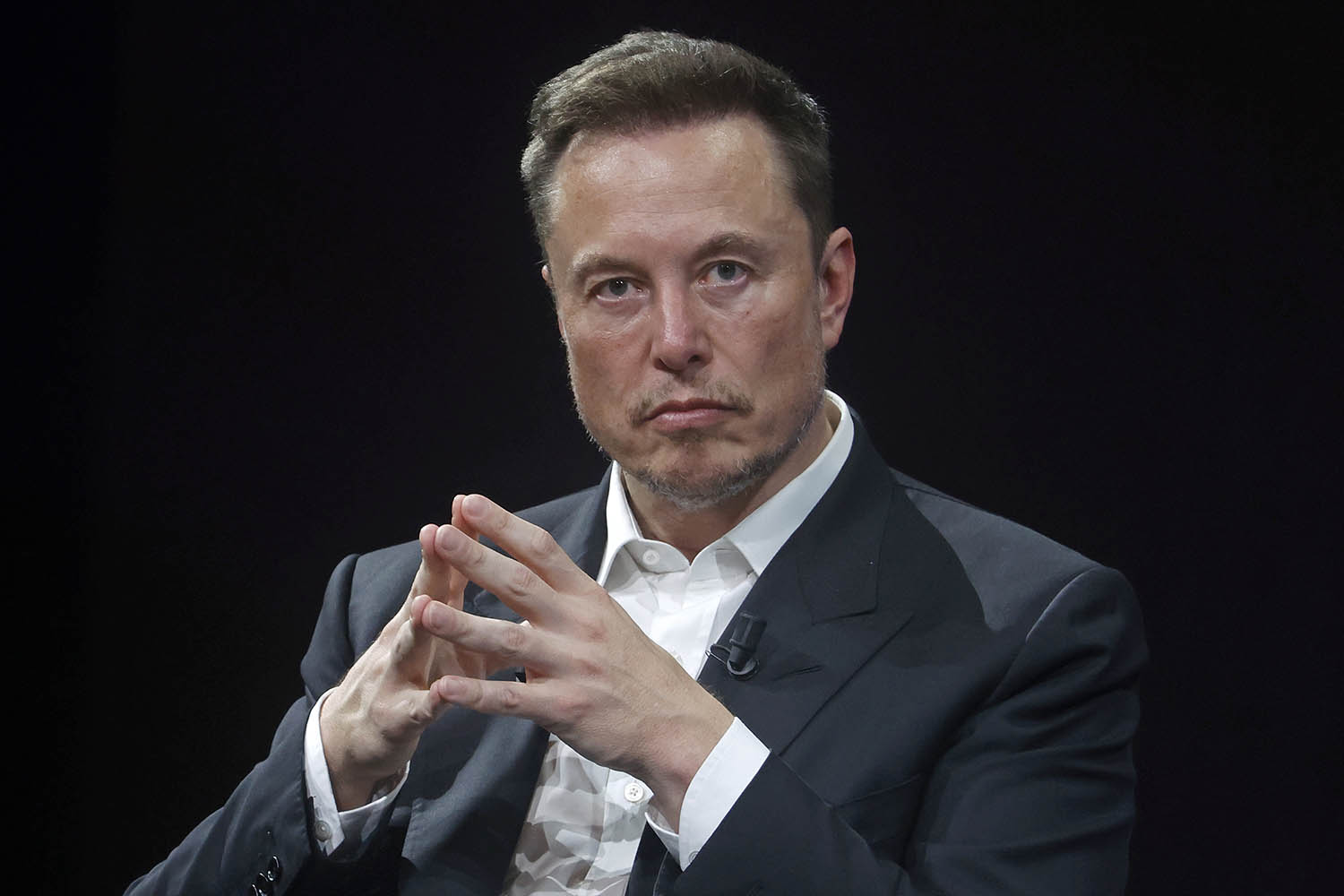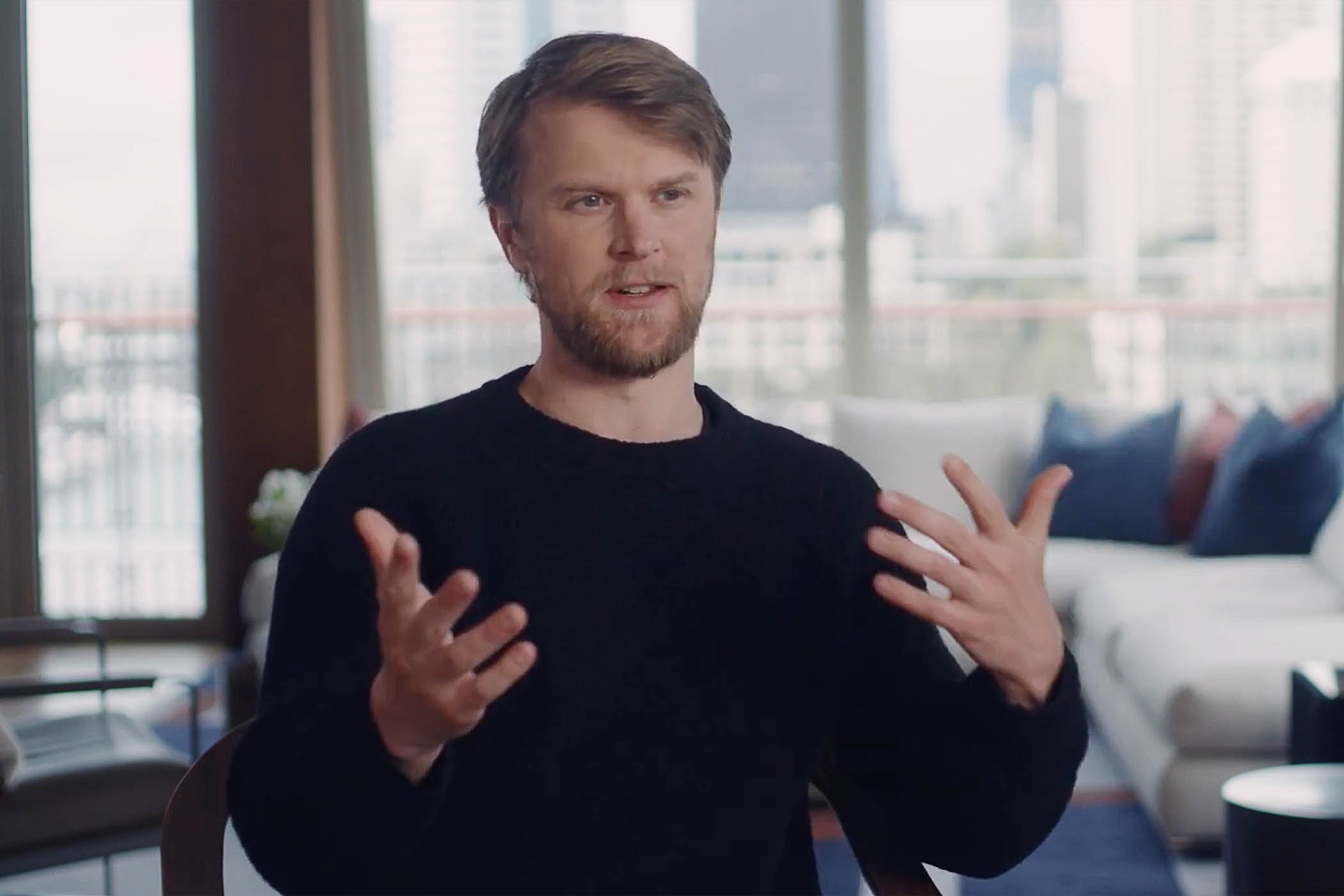Tesla granted nearly $30bn of shares to Elon Musk on Monday in a staggering deal aimed at keeping the tech mogul at the helm of the electric car company.
Musk isn’t the only billion-dollar CEO. In the past year, the Palantir boss Alex Karp realised $6.8bn from a 2020 equity award. Hock Tan, who runs the chip maker Broadcom, was awarded $1.15bn.
These swelling executive pay packages reflect soaring stock prices across the tech sector, fuelled by AI hype and a strong earnings season; a deepening “founder culture”, in which shareholders are willing to bet big on charismatic leaders to radically transform company performance; and policy changes dating back to the Clinton era but accelerated under Trump, which untethered what US companies can legally pay executives.
CEO pay at S&P 500 companies is up in the US, climbing from an average of $15.5m in 2020 to $18.9m in 2024. Roughly 80% of that now comes from stock or option grants.
Billion-dollar pay packages remain exceptionally rare. The only other executive to reach the milestone – in addition to Musk, Karp and Tan – is Brian Armstrong, CEO of the cryptocurrency exchange Coinbase, who was awarded $2.1bn in 2021.

Coinbase CEO Brian Armstrong.
Michael Aldous, co-author of The CEO: The Rise and Fall of Britain’s Captains of Industry, says Silicon Valley pay packages are “abnormal”, even by US standards. “These are very specific share option packages that have been provided to make [CEOs] behave like they are the owners of the firm or the founders of the firm.”
The equity will often have a 10-year vesting period, far longer than the norm in corporate America, to align incentives over the long term. “This differentiates [Silicon Valley founders] from other CEOs who are viewed as managerial professionals,” Aldous says.
Then there’s Musk. The Tesla board described his package as a “good faith” award to help retain him as CEO, after a previous $55bn pay agreement was struck down by a judge. The terms of the deal are unusual, on several counts. The board approved 96m shares for Musk, which would vest in just two years, provided he’s still in a “senior leadership role” at Tesla.
Musk will now own nearly 16% of the company, a stake worth $150bn, even though Tesla sales are in freefall – which many analysts attribute to his political antics damaging a brand that was once popular among liberals.
Aldous says that Musk’s pay package is “completely bonkers”, even within the US context. “There is not even any form of performance incentive under this.”
Newsletters
Choose the newsletters you want to receive
View more
For information about how The Observer protects your data, read our Privacy Policy
Still, Tesla’s shareholders say that anchoring the company’s public face is cheaper than losing Musk’s vision when there is what the board calls an “ever-intensifying AI talent war”, with the carmaker at “a critical inflection point”.
“The whole idea of this all-powerful single executive who dominates the firm, [who] has ultimate power and authority, that is an American model,” Aldous says. “And we follow that.”
The UK, like the US, has seen an increase in CEO pay that is increasingly tied to stock grants.
AstraZeneca’s Pascal Soriot was awarded £14.7m for 2024, of which 64% was performance-based stock, while the defence contractor BAE Systems paid its chief executive Charles Woodburn roughly £11.7m, 90% of which was made up of bonus and share incentives.
But billion-pound paydays remain unlikely. The UK’s capital markets are smaller than those in the US, meaning the country isn’t home to the founder-led, high-growth tech giants that dominate the US landscape.
“The way you make your money [as a CEO in the UK] is to cash out,” Aldous says. The conditions that enable extreme pay simply don’t exist.
Silicon Valley companies are getting smaller as pay packages get bigger. Last year, OpenAI chief Sam Altman speculated that a one-person unicorn is around the corner.
Photographs by Chesnot/Getty, Steven Ferdman/Getty



